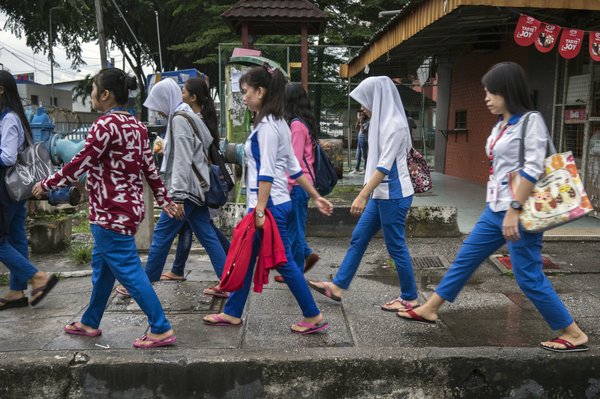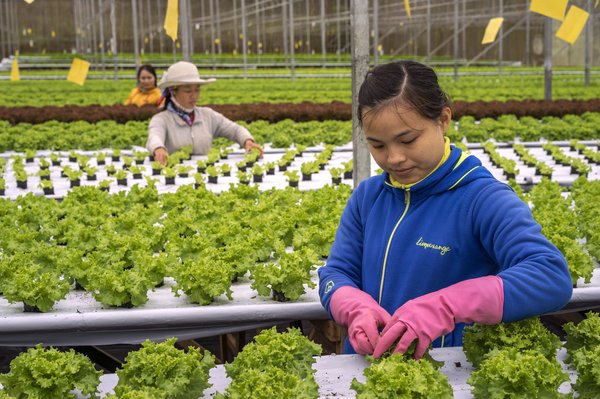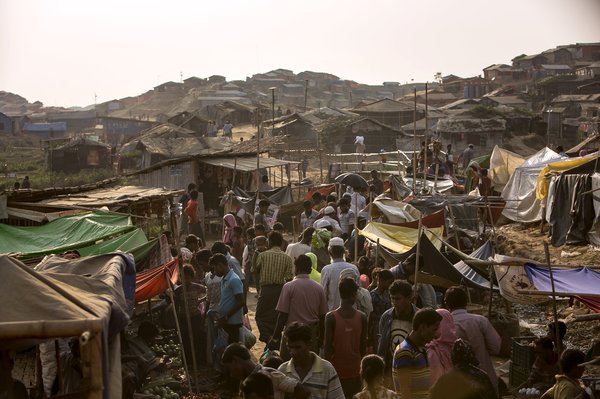
Source: BERBUKA BERKONGSI: What “buka puasa” is like for foreign workers, Star R.AGE, 23 June 2017, Photos by Elroi Yee
Many employers of migrant workers in Malaysia - and particularly those in the construction and manufacturing sector - have been very lax about the living conditions of their foreign employees. The recent COVID-19 pandemic has brought to light the deplorable housing conditions that have made migrant workers more vulnerable to contracting the virus. The Workers’ Minimum Standards of Housing and Amenities Act 2019 or Act 446 is now more comprehensive and prioritises the welfare of migrant workers and local employees. Because of the high number of COVID-19 infections clustered in construction sites and migrant worker accommodation, there should be no further delay in enforcing Act 446.
Act 446
The Ministry of Human Resources first introduced the Workers’ Minimum Standards of Housing and Amenities Act in 1966. The 1966 Act aimed to compel employers to provide minimum standards of housing and amenities to foreign employees and local estate workers in agriculture, plantations and mining industries.
In 1990, the Workers’ Minimum Standards of Housing and Amenities Act 1966 was amended to streamline the existing law as well as consolidate various other workers accommodation provisions that contained in several different laws such as the Rump Labour Code.
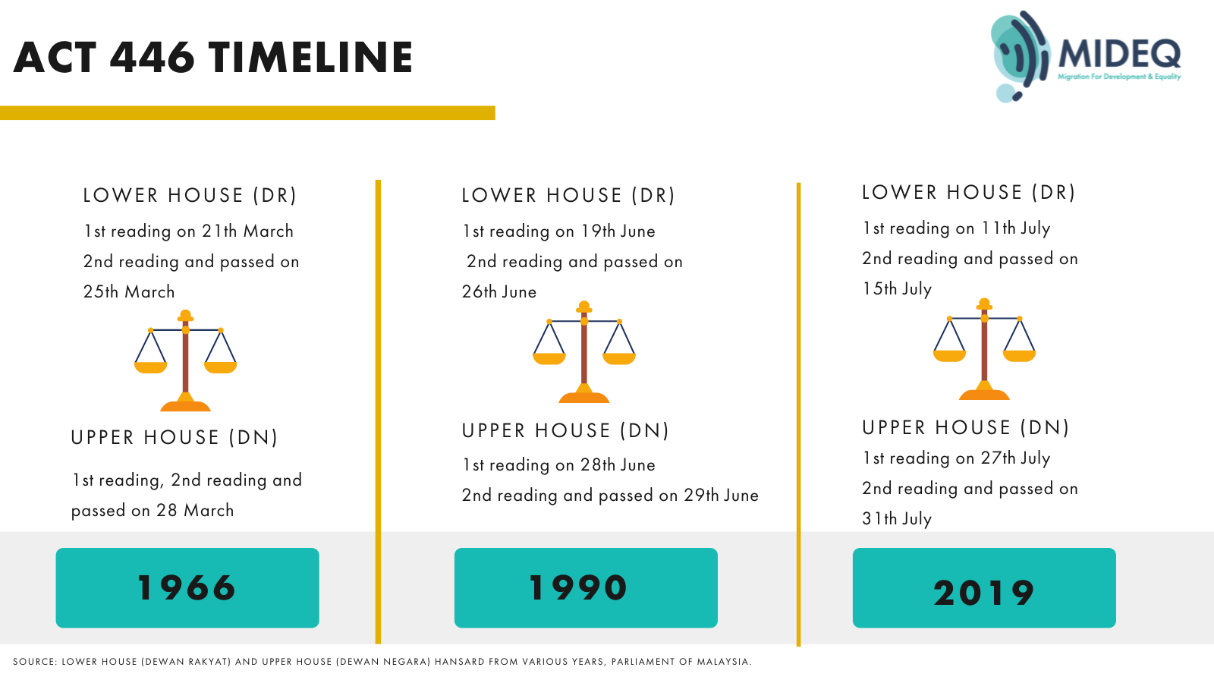
Act 446 adopted the international guidelines set in the International Labour Organization Workers’ Housing Recommendation 1961 (Recommendations 115) and the Code of Conduct for Responsible Business Alliances.
In July 2019, the Act amended by Parliament further extended the sectors for which it is mandatory to provide decent accommodation for migrant workers. Previously, Act 446 only obliged plantation and mining employers to provide basic necessities and accommodation to their workers.
The list of criteria contains minimum standards in accommodation, basic amenities, hygiene, and safety that must be provided to migrant workers. Employers must ensure that both dormitories and non-dormitories for workers are equipped with a main water supply and electricity. There must also be fire safety and secure electrical wiring, and medical assistance in these premises.
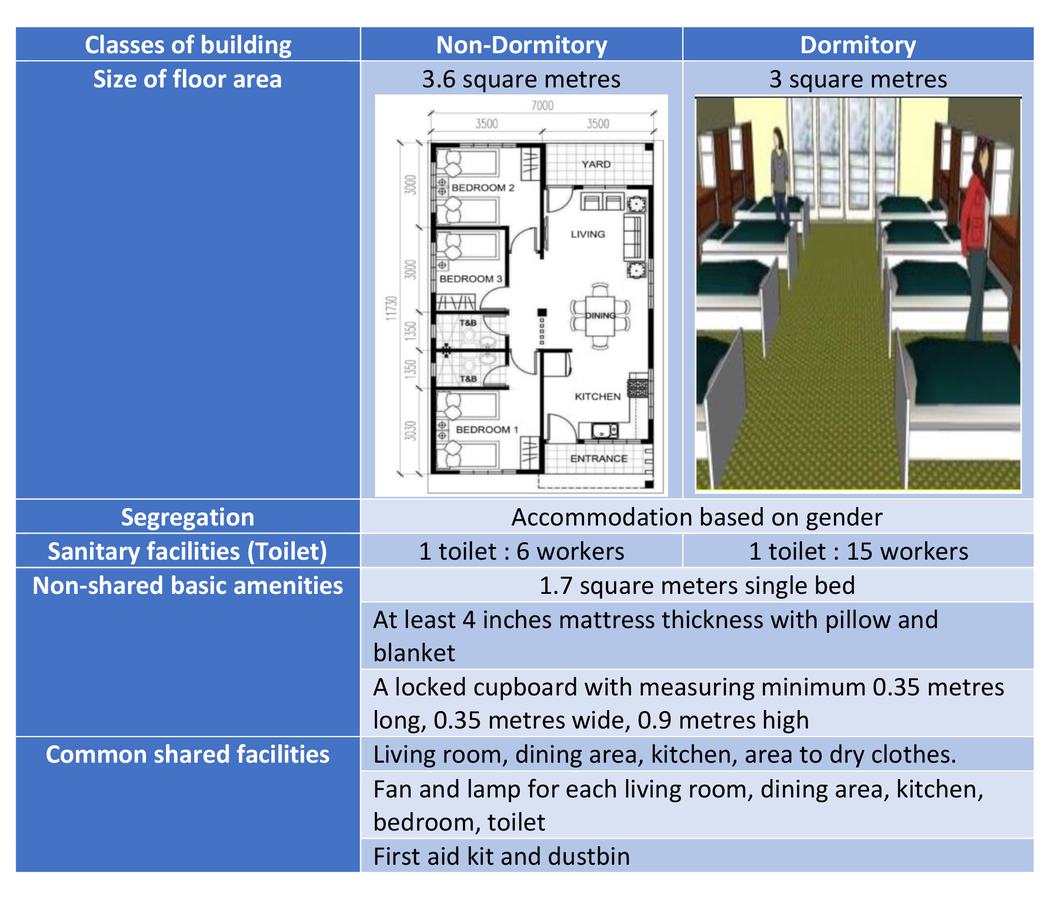
The 2019 Act allowed employers to collect RM100 rental from each migrant for accommodation provided by employers (Section 24G, Act 446). Before the amendments, employers were allowed to deduct RM50 from the wages of each migrant worker. Employers who do not follow the criteria set under the Act 446 could face maximum penalty of RM50,000 for each offence (Section 24D, Act 446).
Implementing Act 446
After the amendment was gazetted (announced) in September 2019, the implementation of Act 446 was scheduled for 1 June, 2020. This was subsequently postponed to 1 September 2020 in order to give a grace period of three months for employers to make the necessary preparations. The Ministry of Human Resources also used this period to educate employers on the new requirements of Act 446.

In the beginning, some employers were reported as welcoming these amendments. Nevertheless, the Malaysia Employers Federation (MEF) and the Federation of Malaysian Manufacturers (FMM) asked for more time, at least six to 12 months, for employers to adopt the mandatory requirements. They noted that the extension was necessary given that the amended regulations were only published on the Attorney-General’s website at the end of August which gave employers too little time to purchase materials, like mattresses, according to the specified thickness to meet the 1 September deadline.
However, the recent spike of COVID-19 infections among migrant workers clustered in their dormitories caused the Malaysian government to enforce Act 446 quickly. As of 31 October 2020, the Ministry of Human Resources reported that 91.1 per cent of migrant worker accommodations do not meet the requirements of the Employees’ Minimum Standards of Housing, Accommodations and Amenities (Accommodation and Centralized Accommodation) Regulations 2020 . Furthermore, the Department of Labour highlighted that only 665 out 54,000 companies had so far submitted their application of accommodation certificates to the ministry. As of 18 October 2020, the Construction Industry Development Board (CIDB) inspected 7,704 construction sites nationwide. Of this, 781 construction sites were issued with stop orders due to non-compliance with the COVID-19 standard operation procedures.
Because of these public health concerns, the Cabinet Committee on Foreign Workers decided that by July 2021, employers are obliged to obtain a certificate of accommodation as a precondition for the hiring of migrant workers
The silver lining of COVID-19 in Malaysia
In a sense, COVID-19 is both a blessing and curse to the migrant workers in Malaysia. The pandemic in Malaysia exposed the living conditions that most migrant workers endure everyday. Not only are these places cramped and overcrowded, but they are also quite unhygienic, aiding the rapid transmission of infectious diseases like tuberculosis, malaria, hepatitis B, and leprosy. Common shared living quarters, locally known as “kongsi,” for migrant workers in the construction sites are now no longer allowed under the amendments of Act 446.
The pandemic has also brought to the attention of the Malaysian public, the dire living and working conditions of the migrant workers that have to be addressed swiftly in the interest of public health. Enforcing the existing legislation and enacting these laws may be one solution to the existing problems faced by migrant workers. All actors, from government officials to employers, need to play an active role to address the existing inequalities that place migrant workers in unliveable conditions. It is now or never!

